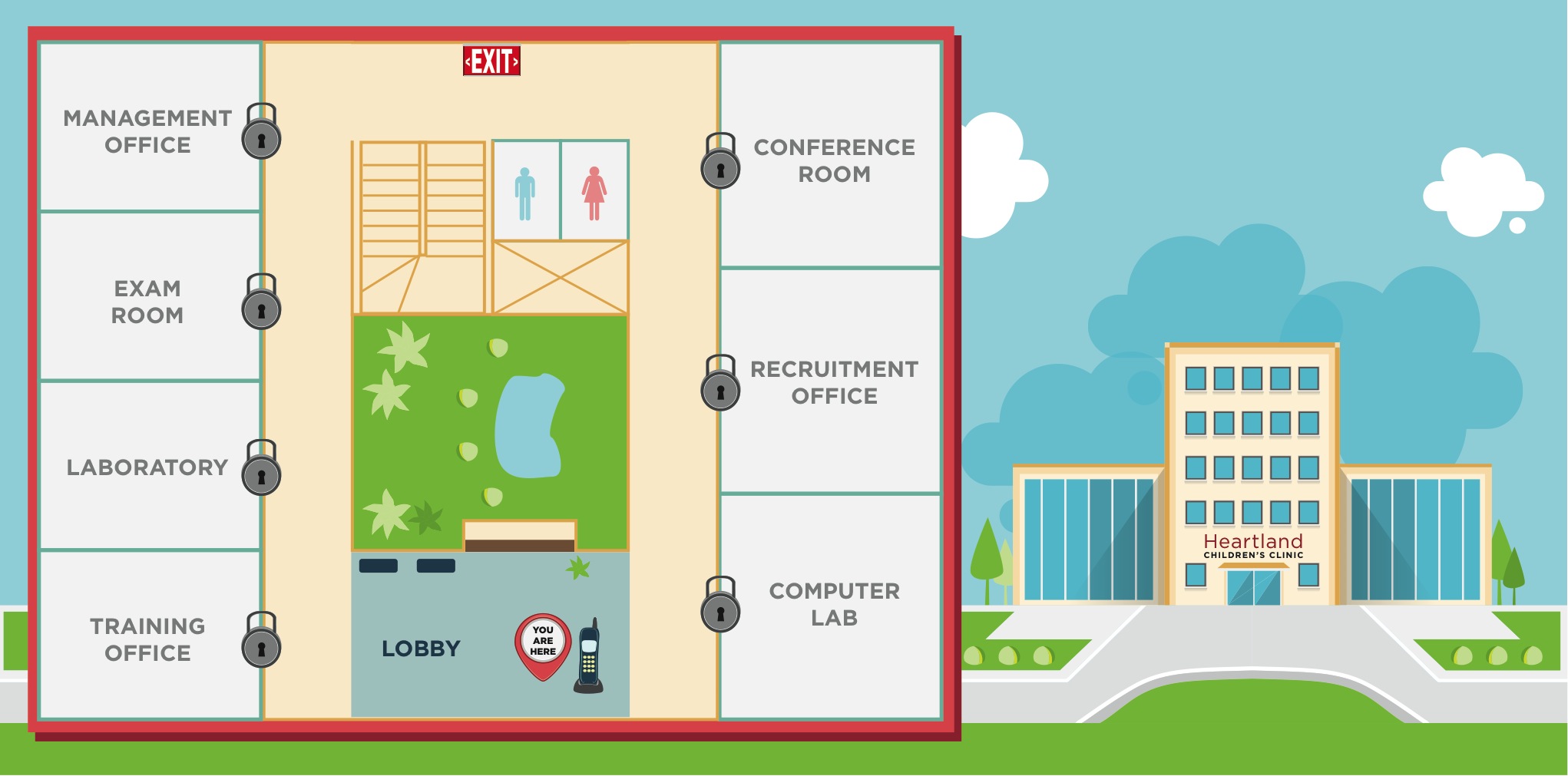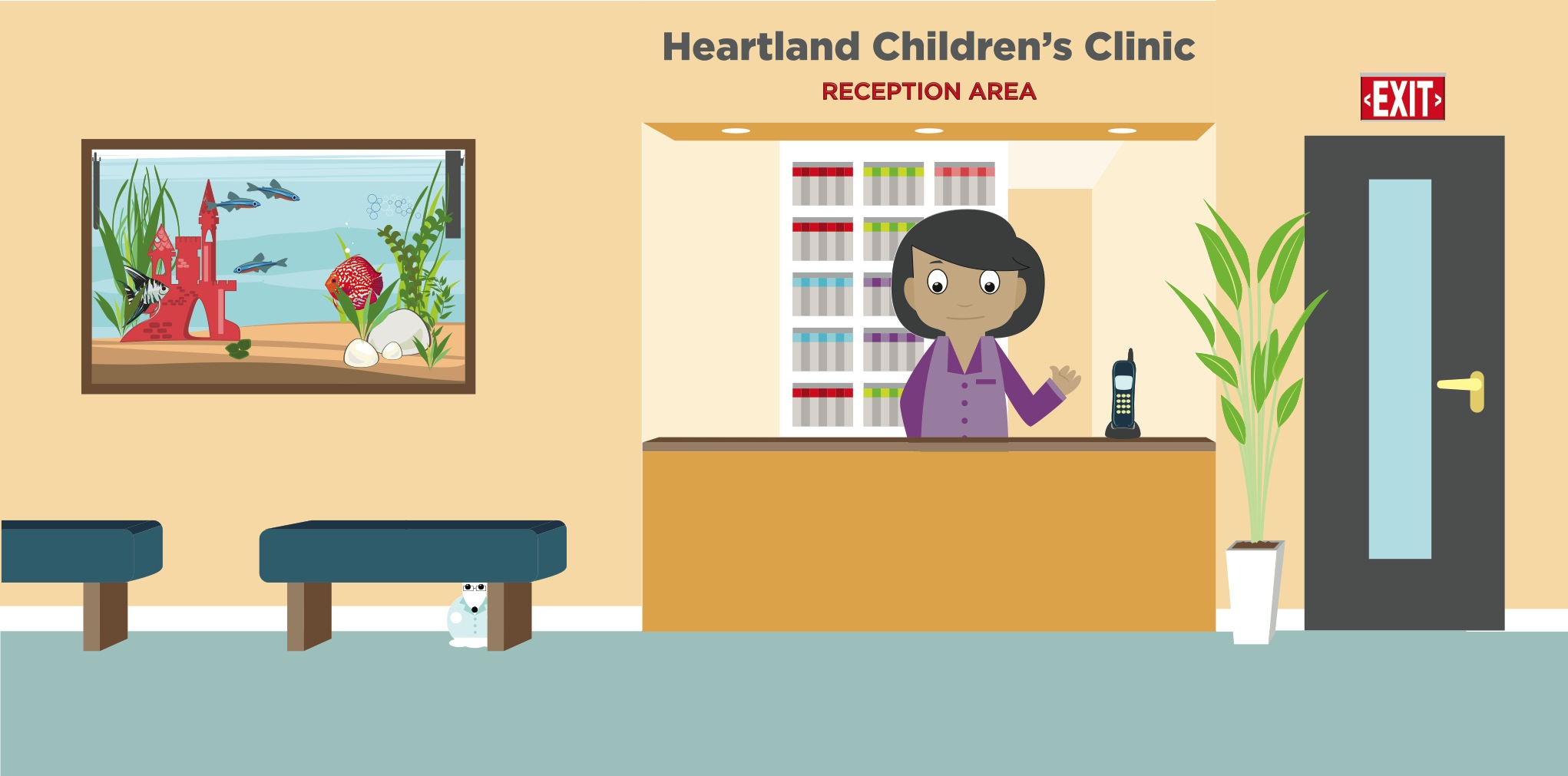3 Teacher Consent Form and Script
Generic Clearance for the Collection of Qualitative Feedback on Agency Service Delivery (NIH)
Attachment_3_Teacher Consent Script 3_25_15
Educational Game Focus Group
OMB: 0925-0648
ATTACHMENT 3: Educational Game Focus Group: TEACHER
Form Approved
OMB No. 0925-0648
Exp. Date 3/31/2018
TEACHER: CONSENT
You have been asked to participate in a focus group to discuss an educational game that is being developed by NOVA Research Company, with funding from the National Heart, Lung, and Blood Institute. The game is intended to teach elementary-school-aged children about pediatric clinical research. Your participation will help us make sure that the game achieves this objective.
This focus group is considered research. We have provided information below about focus group procedures, steps we will take to preserve your privacy, benefits and possible risks, and your rights as a participant in this research study.
Procedures
During the focus group session, we will describe the game and focus group participants will look at paper mockups of the game and give us feedback. Teachers and parents will observe the children’s focus group, which is expected to take 20–30 minutes. After the children’s focus group ends, teachers will be asked to discuss what they observed and provide feedback. This teacher-only portion of the focus group is expected to take 10–15 minutes to complete.
Each teacher will receive a $25 gift card for participating in the group discussion.
NOVA staff will observe the focus group to listen and take notes. We will audio record the focus group and use the recording to help us remember what people said. NOVA will use these notes to summarize your experience and opinions.
Collection of this information is authorized by The Public Health Service Act, Section 411 (42 USC 285a). Rights of study participants are protected by The Privacy Act of 1974. Participation is voluntary, and there are no penalties for not participating or withdrawing from the study at any time. Refusal to participate will not affect your benefits in any way. The information collected in this study will be kept private under the Privacy Act. Names and other identifiers will not appear in any report of the study. Information provided will be combined for all study participants and reported as summaries. You are being contacted by telephone to complete this instrument so that we can determine whether you qualify to participate in a website usability study.
Public reporting burden for this collection of information is estimated to average 55 minutes per response, including the time for reviewing instructions, searching existing data sources, gathering and maintaining the data needed, and completing and reviewing the collection of information. An agency may not conduct or sponsor, and a person is not required to respond to, a collection of information unless it displays a currently valid OMB control number. Send comments regarding this burden estimate or any other aspect of this collection of information, including suggestions for reducing this burden to: NIH, Project Clearance Branch, 6705 Rockledge Drive, MSC 7974, Bethesda, MD 20892-7974, ATTN: PRA (0925-0648). Do not return the completed form to this address.
Privacy and Confidentiality
We will report results of this focus group to NHLBI, but the report will not include participants’ names or any information that would identify participants. The focus group recording and all other study data will be stored on a password-protected secure server. All data in reports will be combined by focus group, and nothing will be tied to an individual. NHLBI will retain ownership of all data collected.
Possible Benefits and Risks
You may not benefit directly from being in this study. However, the information gained from this study will help improve how information about pediatric clinical research is shared with children and their families.
Some of the statements and questions in the focus group may make you feel uncomfortable. You do not have to respond to these statements if you do not wish to do so.
Participation is voluntary.
You should not feel any pressure to participate in the focus group. If you decide not to participate, that is fine. You may change your mind and withdraw your approval at any time; if the focus group is already in progress, you may ask to be excused or sit quietly until the focus group session has concluded. You will still receive the gift for your time.
Your Questions
If you have questions about this research, including questions about scheduling the focus group or about incentives for participating, please contact Kathy Sedgwick or Dan Eckstein, NOVA Research Company, 801 Roeder Road, Suite 700, Silver Spring, MD 20910, 301-986-1891, KSedgwick@novaresearch.com, DEckstein@novaresearch.com.
Your Rights
If have questions about your rights as a research participant or wish to discuss any concerns about this study with someone other than the researcher(s), please contact Paul Young, NOVA IRB Liaison, NOVA Research Company, 801 Roeder Road, Suite 700, Silver Spring, MD 20910, 301-986-1891, payoung@novaresearch.com.
You will receive a copy of this document for your records, and one copy will be kept with the study records.
Teacher Consent
By signing below, I am agreeing to participate in the Educational Game Focus Group. My participation in this focus group is completely voluntary. I may change my mind and stop participating at any time.
I agree to participate in this focus group.
_____________________________________ ____________________
Signature Date
Children’s Focus Group (Teachers Observe)
Welcome
Thank you for agreeing to talk with us today.
Your parents and teachers are also here to learn about the game, and we will talk with them later.
I’d like you to know that [observer name(s)] are here to listen and take notes. [Names], please say “Hello.” We will also record our discussion, just to make sure that we don’t miss anything you say.
We expect to talk with you for between 20 and 30 minutes.
Warmup
Do you like to play games on a computer or phone?
Do you usually play on a desktop computer, laptop, tablet, or phone?
Do you ever play computer games at school as a way to learn? What types of games to you play? Can you describe them to me?
Game Overview
Today, we’ll be talking about an educational game that we are making for the National Institutes of Health in Bethesda. I’m going to tell you about the game, show you some sketches, and ask you some questions.
The game is not finished yet. We want to hear your ideas about it to help us make sure the game is fun to play while you are learning about pediatric clinical research. Does anyone know what pediatric clinical research is? WAIT FOR RESPONSE.
DISPLAY DEFINITION OF PEDIATRIC CLINICAL RESEARCH.
Pediatric describes something for children. For example, a doctor for kids is called a [PAUSE TO SEE IF ANYONE FILLS IN THE BLANK] That’s right, a pediatrician.
The word Clinical describes something that involves patients, such as in a clinic or hospital with doctors, nurses, and other health care helpers.
Research is careful studying that you do to find and report new knowledge about something. You’ve probably already done some research in your science class at school.
So, put those three words together, and pediatric clinical research is carefully studying to find new knowledge about children in a clinic or hospital. It includes things like finding better medicines for kids who are sick or making a better vaccination to keep kids from getting sick.
Now, don’t worry. I am not testing you on what you know about pediatric clinical research. There are no wrong or right answers to the questions I’m going to ask. If you don’t want to answer a question, you do not need to say anything, but please know that whatever you do say is important and valuable to us to make our game better.
Also, don’t worry that anything you say might hurt my feelings. We really want to know what you think. In this room, YOU are the experts!
Do you have any questions for me before we begin to talk about the game?
About the Game
Have you ever thought you might want to be a scientist? A doctor or nurse?
Our customer wants kids to know about pediatric clinical research. You might want to become a researcher, doctor, or scientist someday. Also, some day someone you know—a friend, family member, or even you—may be asked to take part in clinical research. Sometimes people are afraid of things that are new or different, just because they don’t know much about it. We are trying to make it easy for you and other kids your age to understand what this kind of research is all about.
That’s why we are making this game. To make sure the game works well, we are talking to kids, their parents, teachers, and scientists who do pediatric clinical research.
What you tell us today will help us a lot. So I want to say thank you again for talking to us.
Now in this computer game, the player—that’s you—is going to work with a team of researchers at Heartland Pediatric Clinic. You will start out as a CLINICAL RESEARCH TRAINEE. In the game you go from room to room.
DISPLAY CLINIC MAP. [See attached illustration.]
Can everyone see the map?
In each room you meet a different person who works at the clinic, and they tell you about their work. Echo, the mouse, sneaks into each room with you. Each room also has a minigame you can play (that is a game within the game)—a match game, a find-the-hidden-objects game, or a jigsaw puzzle. To unlock the next room, you must answer some questions about what you just learned.
DISPLAY SPLASH SCREEN TEXT AND READ IT.
This is how the game will start. How does this make you feel about playing the game?
Questions about the Game
How do you feel about playing a game like the one I described where you go from room to room and learn new things? [Prompt: How does it compare to[educational game they named in response to question 3 above]?
What do you think about having a mouse as a secret partner? [Prompts: Do you like the idea of having a mouse that helps you out and can answer your questions during the game? If you could choose any animal, what would you choose? Why?]
What rooms do you think would be most interesting?
What do you think you might do in the laboratory?
What do you think you might do in the exam room?
Now I’d like to show you some sketches of what the game might look like.
DISPLAY THE LOBBY. [See attached illustration.]
This is the lobby.
DISPLAY LAB. [See attached illustration.]
This is the lab.
What do you think about the way the rooms look? [Probe: Did you see anything unusual?]
Was anything missing from the rooms that you expected to see? [Probe: content, features, functions]
What words would you use to describe the people in the game?
Final Impressions
Now that you’ve looked at these sketches:
What do you think you might like most about the game?
What do you think you might like least?
What kinds of things would you expect to learn by playing this game?
Wrapup
OK, we’ve finished the questions I had for you. Do you have any further comments?
Thank you again for your participation.
Now it’s time for us to talk to your parents for 10–15 more minutes. Please go to the [x room] where we have some [describe activities] waiting for you.
Teachers’ Focus Group Extension
Welcome
Thank you for taking time to meet with us today. We will only keep you for another 10–15 minutes to get your views about the game, the sketches you saw, and what you observed about the children’s response to all of that.
Our observers are still here to take notes, and we are still recording the discussion.
Does anyone have any questions about the process before we begin the discussion?
Warmup
Do you use computer games in your classroom or a computer lab as a teaching tool? If so, do your students usually play on a desktop computer, laptop, or tablet?
What do you think of the idea of teaching kids about pediatric clinical research using a computer game?
Game Overview
NHLBI is working toward improving public understanding of clinical research, and particularly pediatric clinical trials. They have “kids pages” on their website that include videos of different children and parents talking about their experiences in clinical trials. There is also a downloadable computer game that addresses fears about being part of a clinical trial.
The web-based educational game we are developing has a different purpose. It is designed to increase awareness of, knowledge about, empathy for, and acceptance of pediatric clinical research among elementary-school-age children. To make sure the game works well, we are talking to you as well as pediatric clinical research professionals.
Mockups
Now, I’m going to put up the sketches we showed your students before.
DISPLAY CLINIC MAP. [See attached illustration.]
What do you think of the map?
DISPLAY LOBBY MOCKUP. DISPLAY LAB MOCKUP. [See attached illustration.]
What do you think of these rooms?
Does the illustration style seem appropriate for children in the grade you teach?
Would your students enjoy having a mouse as their secret partner? Would they enjoy finding the mouse in each room?
If you were designing a game, how would you make it look?
From watching the student’s reactions to the game, what are your thoughts? [Probes: What level of excitement do you think the student’s had? Where they very excited or more bored? What makes you say that?]
Final Impressions
Now I’d like to ask you a few specific questions about your impressions of the proposed educational game.
What is your overall impression of the game concept based on the storyline? [Probe: Is the storyline too scary, too simplistic, too realistic?]
What did you like most about the way the sketches look?
What did you like least about the way the sketches looks?
Was anything missing from the game that you expected to see?
Was there anything in the game that surprised you?
Would you consider using a game like this as a teaching tool in your classroom? Why/Why not? [Prompt: Is the scientific method an important part of the science curriculum in the grade you teach?]
Does this game have the potential to achieve its objectives? Why/why not?
Wrapup
OK, we’ve finished the questions I had for you. Do you have any further questions or comments?
Thank you again for your participation. On your way out, please see [Person Y] for your gift.
Game Map

Lobby

Laboratory

Page
| File Type | application/msword |
| File Title | CONSENT TO PARTICIPATE IN A RESEARCH STUDY |
| Author | Rachel Nosowsky |
| Last Modified By | Perryman, Seleda |
| File Modified | 2015-03-25 |
| File Created | 2015-03-25 |
© 2025 OMB.report | Privacy Policy